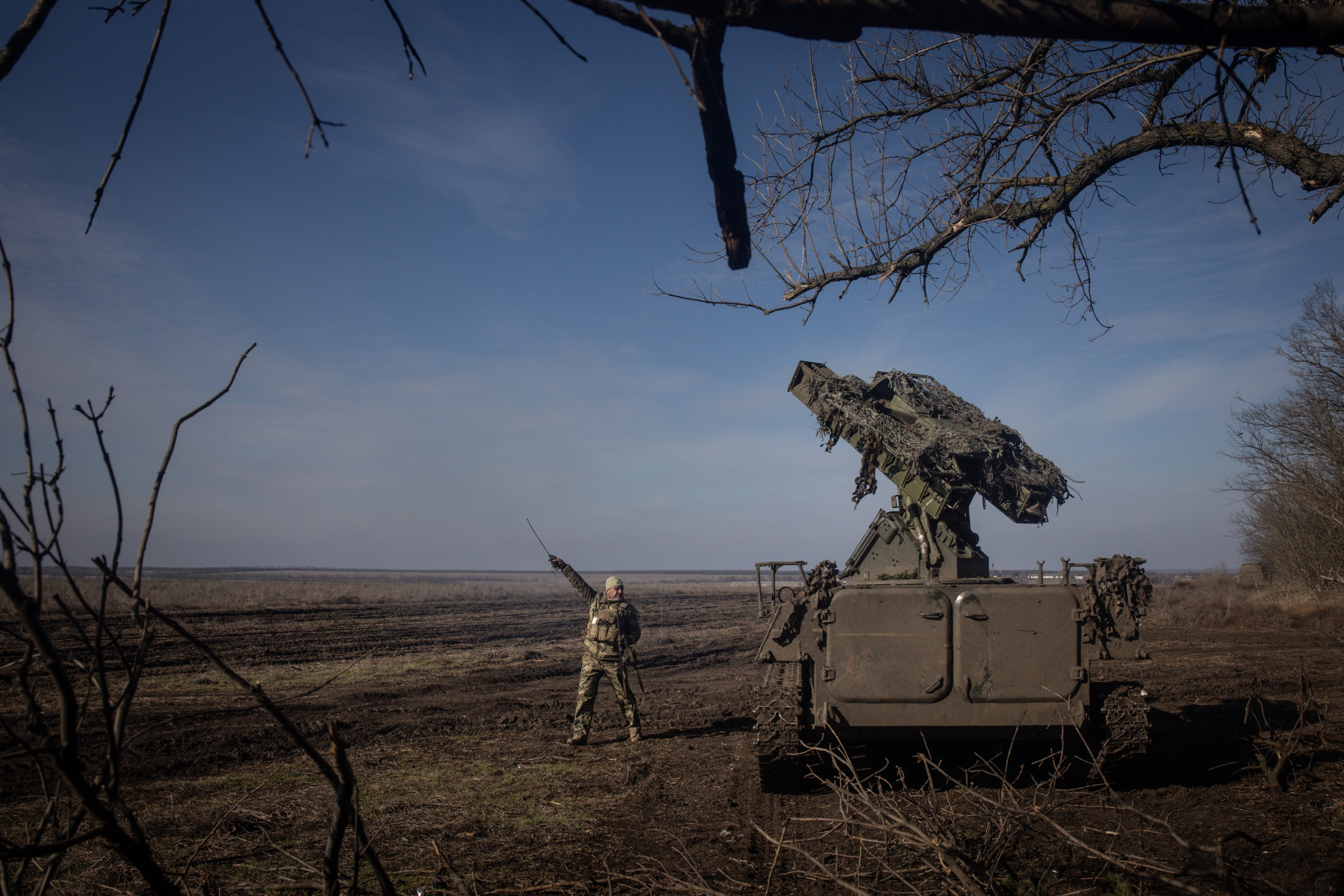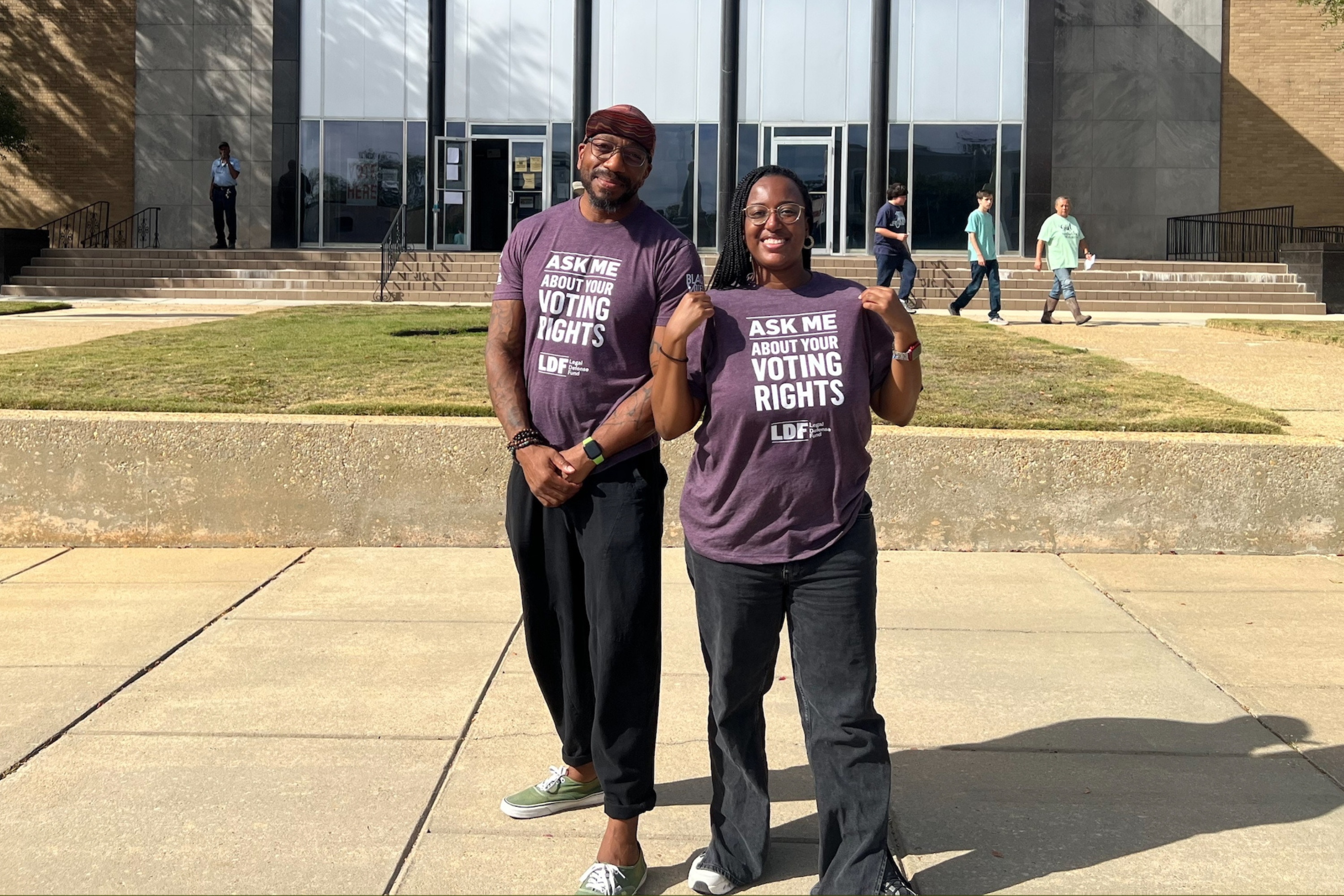A suicide car bomber targeted a security post in Pakistan's Khyber Pakhtunkhwa province, killing 12 troops and wounding several others, officials confirmed Wednesday.
The attack, one of the deadliest in recent months, took place Tuesday evening in the Bannu district, a hotspot for militant violence.
The military reported that troops thwarted the bomber's attempt to infiltrate the security post, forcing the attacker to detonate the explosive-laden vehicle against the perimeter wall.
The blast collapsed part of the wall, causing extensive damage and the "martyrdom" of 12 security personnel.
In the aftermath, six militants described as "khwarij," a term used for Pakistani Taliban fighters, were killed in an exchange of gunfire. The Hafiz Gul Bahadur faction of the Pakistani Taliban later claimed responsibility for the attack in a statement.

Resurgence of Pakistani Taliban Violence
Pakistan has faced a surge in militant violence since November 2022, when the Tehrik-e-Taliban Pakistan (TTP), a faction allied with the Afghan Taliban, ended its ceasefire with Islamabad.
The TTP, emboldened by the Taliban's 2021 takeover of Afghanistan, is said to operate with impunity, with many leaders having taken refuge across the border.
The Hafiz Gul Bahadur group, responsible for Tuesday's attack, is one of several militant factions targeting Pakistan's security forces.
In December 2023, a similar suicide bombing at a police station gate in Dera Ismail Khan killed 23 troops, underscoring the rising threat in the region.
Government Responds to Rising Militancy
Tuesday's bombing coincided with high-level discussions in Islamabad, where Pakistan's political and military leaders met to address escalating violence. Prime Minister Shehbaz Sharif approved a "comprehensive military operation" against separatist and militant groups, including the Balochistan Liberation Army.
This directive followed a November suicide attack at a Quetta train station that killed 26 people.
Security forces in northwest Pakistan frequently engage with TTP and Hafiz Gul Bahadur fighters, but the insurgents' resilience has raised the concerns of security experts.
Abdullah Khan, a defense analyst with the Pakistan Institute for Conflict and Security Studies, noted that over 900 security forces have been killed since the TTP ended its ceasefire. "TTP and other groups have expanded their operations, showing they are getting more recruits, money, and weapons," Khan said, stressing the need for political stability to counter the insurgents.

Country in Crisis
Pakistan's political turmoil has further complicated efforts to address militant violence.
Since former Prime Minister Imran Khan's removal in 2022 and his subsequent imprisonment in 2023, his supporters have rallied nationwide, deepening divisions.
This instability hampers unified responses to the insurgency, leaving security forces to contend with an increasingly emboldened enemy.
This article includes reporting from The Associated Press




















 English (US) ·
English (US) ·